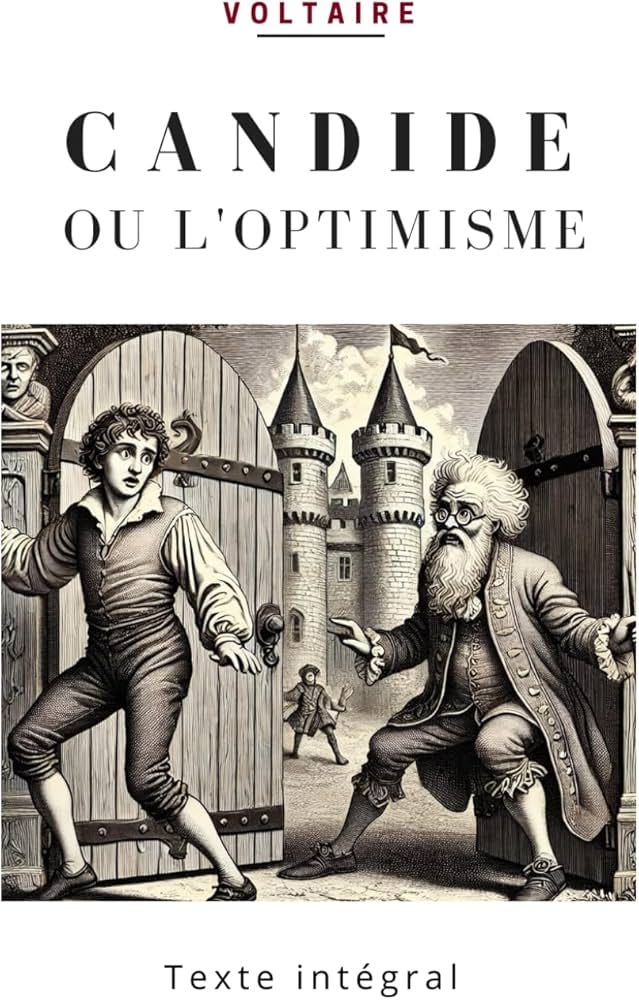Trump’s tariff mayhem has crashed stock markets across the globe. His loyalists are searching for silver linings in these dark clouds, without success. But if you value insight for its own sake, there is indeed a silver lining to be found. While few Americans will profit from this demagogic nonsense, this is a fine opportunity to learn deep lessons about not just trade, but economic policy in general.
The not-so-deep lesson, to start, is that if Trump hadn’t made policy more protectionist, the Dow wouldn’t have crashed 15% since his inauguration. Doing nothing would have been far better than doing what he did. Contrary to the famed Dr. Pangloss, all is not “for the best in this, the best of all possible worlds.”
Once you accept this anti-Panglossian point, however, you ought to wonder: Are there any pre-2025 policies that have already done damage on the scale that Trump is now inflicting on the global economy?
While you might object, “If any such policies existed, we would have noticed,” you shouldn’t. Imagine Trump imposed his current tariffs gradually over the course of the year, while constantly reassuring the world that he had no intention of raising overall tariffs. The total damage of this would ultimately be about the same as what we’ve seen. The visibility of the damage, however, would be far lower. Instead of arguing that crashing the stock market is actually good, his followers would be denying that the bear market of 2025 had anything to do with tariffs.
Once you accept the possibility of pre-existing massive wealth-destroying policies, plausible candidates are easy to find. Here are my top three picks.
The near-ban on international trade in labor. Raising tariffs from around 3% to around 30% crashed the market. But the effective tariff on foreign labor ranges from about 250% to 1500%. Indeed, that understates the damage, because arbitrary non-tariff barriers are a greater burden than precisely-defined tariffs.
Draconian regulation of construction. Existing regulations roughly double the price of housing, imposing a massive burden on not only consumers, but any business requiring offices, factory space, and so on.
The near-ban on nuclear power. Without government regulation, nuclear power would deliver dirt-cheap electricity to the whole country. Again, this doesn’t just burden consumers. It burdens every business that uses electricity — along with every business that would electrify more processes if the price were low enough.
We recently got to watch a horrific spectacle of policy dysfunction unfold before our eyes. Tariffs spiked; markets crashed. But after seeing this crash with your own eyes, you shouldn’t merely acknowledge that Dr. Pangloss made one mistake. You should open your mind to the possibility that Dr. Pangloss is radically unreliable. For every major market crash heralded on the news, there could easily be a dozen invisible crashes — policies that wantonly but stealthily destroy trillions of dollars of value. Immigration, housing, and nuclear power are only my top candidates.
A further deep lesson: Reversing Trump’s tariffs will be hard, but it’s well within the bounds of possibility. Reversing any of the three pre-existing massive wealth-destroying policies on my list, in contrast, would be truly shocking. We’re habituated to their harm. Habituated to the point that few of us realize how much wealth we’ve lost, how much wealth we’re losing, and how much wealth we and our descendants will continue to lose for decades or centuries to come.
A depressing thought? Perhaps, but don’t be hasty. Who is the true optimist? Someone who says, “The world is already as good as possible”? Or someone who says, “The world could be vastly better”?
Populism is different from traditional politics. The difference, however, is not that populism does immense harm, while traditional politics works well. The difference is that populists do immense harm blatantly. Traditional politicians, in contrast, favor stealth. When they make inflict immense harm, they do it gradually. And in the face of blatant opportunities to to make the world dramatically better, they yawn. Yes, demagogues differ by degree. But once you learn to see the invisible crashes, you won’t be able to unsee the ugly truth that demagogues reliably rule the world.






Good points. Thanks. Here's another one for your list.
Based on my analysis, the 1962 Kefauver-Harris Amendments that gave the FDA more power have reduced the life expectancy of you and every American you know by about 10 years. This is based on comparing our current life expectancy to what it could have been had the FDA not prevented a large fraction of the drugs that would have been discovered, developed, and marketed without the FDA's burdensome regulations.
The evidence suggests that the FDA has reduced our life expectancies, metaphorically, as if we all took up smoking.
From my book, Should the FDA Reject Itself?
This is a drum worth beating, thank you.